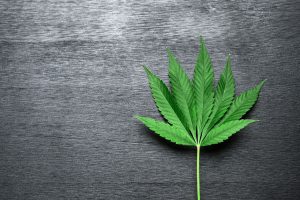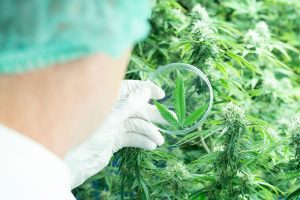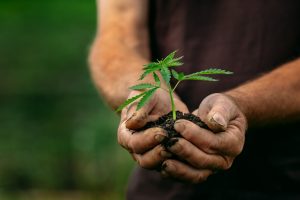What is SAD?
Putting aside the COVID-19 pandemic for a moment, we tend to think that only winter means the onset of Seasonal Affective Disorder (SAD), a form of depression most prevalent during late fall and winter, that impacts sufferers both psychologically and physically. SAD is not merely “winter blues,” but rather annually recurring moderate to severe depression that can be debilitating. It can hit at other seasonal change points in the year. Let’s explore this affliction and how cannabis may bring relief.
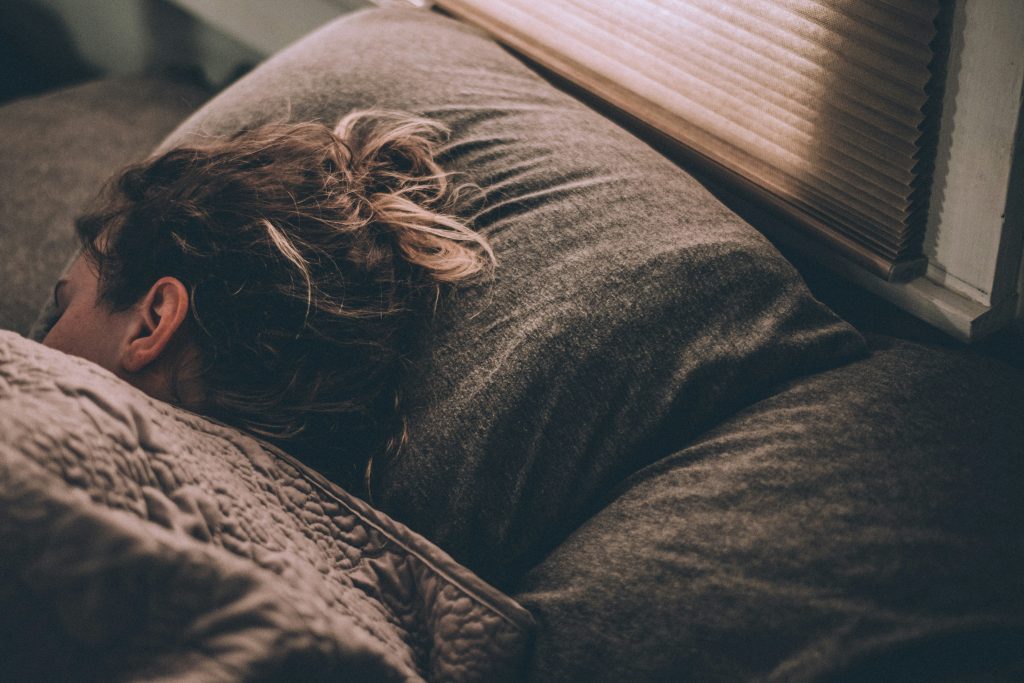
According to the Mayo Clinic, SAD is “a type of depression that’s related to changes in seasons – SAD begins and ends at about the same times every year.” Typically, symptoms span the onset of fall through winter and ease off during spring and summer. Less commonly, some people have SAD during summer, with symptoms somewhat different from winter SAD. Although not everyone with SAD has the same experience, symptoms may include the following:
- Seasonally recurring depression that lasts throughout the day, most days
- Fatigue, lethargy and low energy
- Anxiety or worry
- Decreased libido
- Irritability
- Loss of interest in activities that previously were enjoyed
- Sleeping too much (or insomnia with SAD in summer)
- Changes in appetite, with carbohydrate cravings, overeating and weight gain in winter (or weight loss with SAD in summer)
- Difficulty concentrating and focusing
- Feelings of hopelessness or worthlessness, despair
- Isolation and social withdrawal
- Thoughts of self-harm and suicidal ideation
Causes of Seasonal Affective Disorder
The exact cause of SAD is unclear, but theories suggest that the decreased sunlight and daylight hours in fall and winter result in:
- Disrupted circadian rhythm or biological clock
- Lower levels of neurotransmitters in the brain, particularly serotonin and dopamine
- Increases in the body’s production of melatonin
- Vitamin D deficiency
Treatment and Lifestyle Changes for Seasonal Affective Disorder
People who suffer from SAD can take steps to manage symptoms and minimize complications. Conventional treatments include light therapy, psychotherapy, and medications. However, light therapy and antidepressants can trigger manic episodes for people with bipolar disorder. Antidepressants typically take several weeks before any benefits may be noticed. Also, these drugs may have side effects that are intolerable for some people, such as nausea, weight gain, and loss of libido. Lifestyle changes include exercise and socializing; but for someone with severe depression, simply getting out of bed can be a monumental undertaking.
Can you use Medical Marijuana to Alleviate Symptoms of SAD


Fortunately, cannabis offers another treatment option. Studies suggest that medical cannabis may alleviate SAD, as reported in Cannalogue, Way of Leaf, and elsewhere, based on its interaction with the body’s Endocannabinoid System (ECS).
Specifically, medical cannabis offers the following benefits:
- Tetrahydrocannabinol (THC) has mood enhancing properties and may increase serotonin levels
- Cannabidiol (CBD) has calming properties, can reduce anxiety and stress, and help relax the mind and body for sleep
- Medical cannabis offers a safer alternative to unhealthy or potentially dangerous alternatives of self-medication such as excessive consumption of alcohol and other harmful, addictive substances
Less burdened by SAD, patients can engage in activities of daily living such as work, play, self-care and social engagement. Significantly, a recent study using the ReLeaf App for reporting the alleviation of depression symptoms found that cannabis produced a substantial reduction in symptom intensity in the vast majority of participants – within two hours or less, a considerable advantage over conventional treatments.
Recommended Cannabis Products and Routes of Administration
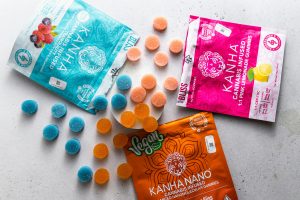

Treatment for SAD begins with the same premise as for all uses of medical cannabis: start low and go slow. Remember, the goal is to alleviate symptoms and improve quality of life, without necessarily becoming impaired, and to avoid triggering or exacerbating anxiety or paranoia.
To maximize the benefits of medicinal cannabis, you need to choose the appropriate products and consumption methods. The goal is to find products that enhance mood and energy, facilitate sleep at night, and relieve anxiety and stress. Accordingly, our dispensary Medical Director recommends high CBD/low THC products to provide an emotional lift without increased anxiety. Ideally, CBD/CBDa should be at least 20mg, paired with low potencies for THC and THCa at 1-2.5mg for beginners and up to 5mg for experienced cannabis patients. Of course, cannabinoid potencies are only part of the therapeutic picture, as our staff regularly advises patients. For SAD, patients should look for products with ample terpenes like beta-myrcene, linalool and beta-caryophyllene to ease anxiety, along with limonene, pinene, and terpinolene to enhance mood and energy.
The recommended route of administration for SAD (and other forms of chronic depression) is oral consumption (capsules and other edibles) which provide a longer duration of effect, although slow onset of up to 2 hours. Patience is definitely a virtue with edibles. Inhaled products can be used while waiting for the effects of edibles and for breakthrough symptoms, essentially as a “rescue” treatment. Sublingual tinctures and oral sprays can also be a good choice, with onset slower than inhalation, but significantly faster than edibles.
As with pharmaceuticals, finding the right cannabis products, route of administration, and dose often involves trial-and-error. You can aid this process by keeping a journal of symptoms, products used (including cannabinoid and terpene profiles), and effects experienced.
Check out our online menu for products suited to your needs, in particular high CBD edibles, tinctures, and cartridges. We are constantly expanding our offering of CBD products and more. As always, we look forward to helping you achieve your health goals all year long!
[Illustration in Featured Image created by Faris Saputra, licensed courtesy of Envato for non-commercial use]

